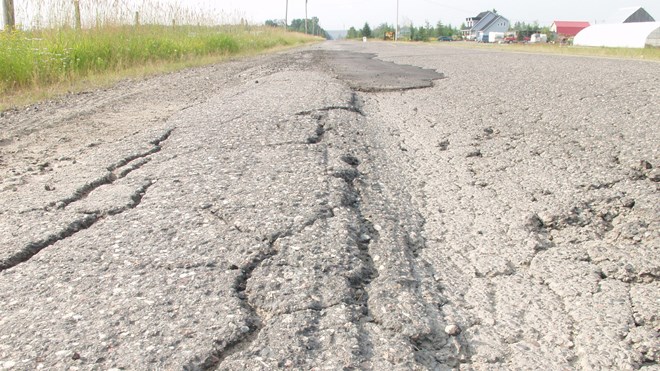During my recent visit to the UK, a much-publicized event occurred resulting in tremendous chaos on the highways feeding the Channel Tunnel and the south of England.
No doubt this was not of sufficient importance to reach this side of the Atlantic; however, the event served to be a warning and emphasizes a tremendous planning problem that dates back over 50 years.
The British (as we did here in Canada) abandoned rail branch lines. In Britain, this network extended to hundreds of communities. As early as the 1850s, Britain had more than 7,000 miles of rail line in place. Rail lines extended to many communities and provided a quite efficient means of travel for commuters, goods and commerce, as well as travellers in general. This was a vast network of transportation infrastructure mostly financed with private money at the time.
The British appointed Dr. Richard Beeching in the mid-1960s to reorganize the railways. The Conservative government of the day had its single-minded focus on “profitability” rather than the benefits that the rail system offered as a community asset or the true value of the vast network transportation infrastructure. The policies implemented at the time resulted in many branch line and main line feeder lines being taken out of service.
The claim being that these lines were uneconomical — as was a similar claim in Canada. Consequently, the tracks were torn up, which left communities abandoned without transportation for goods and passengers. The closure of many freight depots that had been used by larger industries such as coal and iron led to much freight transferring to road haulage. Quite a domino effect.
To fill the vacuum left by these abandoned lines, people resorted to private cars and businesses resorted to truck transportation, which led in part to the “just-in-time” delivery system using huge 18-wheelers.
The resulting increases in highway/road traffic meant that new super multi-lane highways had to be constructed.
In Canada, we ended up with the 401, the QEW and the 400 (leading to the four laning of Hwy. 69). I remember travelling along the QEW in 1966 when it was just a four-lane highway with frequently spaced left-turn intersections allowing access to businesses on the opposite side of the highway. Look at it now. Has anyone tried the 401 lately?
Fast forward to now. In Britain, motorways like the M25 (London Orbital) have all but reached saturation point. The same applies to the 401 from Ottawa to southern Ontario with the ensuing highway crashes and traffic holdups. The solution that planners and engineers promote is “more and bigger highways.”
To drive home the recent problems with the Channel Tunnel chaos, more than 3,000 transports were “parked” on either side of the tunnel. The Kent Police deploy Operation Stack to control the situation. Of course perishable goods don’t survive well under such conditions.
Although the Channel Tunnel situation was extreme, what is occurring now, and has evolved over time, is the fact that highways have become mammoth mobile warehouses for corporations. It bears some thought as to the overall efficiency and sustainability of such a system, not to mention the environmental and safety issues. Think of the multivehicle crashes that occur on the 401 and 400 in the winter.
What might this have to do with Sudbury? There is tremendous pressure to construct the Maley Drive extension at a cost of around $120 million, when rail transport and alternative technologies could be employed and utilized including existing rail line right of ways. It seems that planners and governments have overlooked the problems they created in the past and society is left to foot the bill.
Who will actually bear the burden of our various governments’ insatiable lust to subsidize industry and commerce? Have we become worshippers of asphalt and slaves to the trucking, oil and car industries and worse still consumerism?
Lionel Rudd
Greater Sudbury
Join Sudbury.com+
- Messages
- Post a Listing
- Your Listings
- Your Profile
- Your Subscriptions
- Your Likes
- Your Business
- Support Local News
- Payment History
Sudbury.com+ members
Already a +member?
Not a +member?
Sign up for a Sudbury.com+ account for instant access to upcoming contests, local offers, auctions and so much more.
